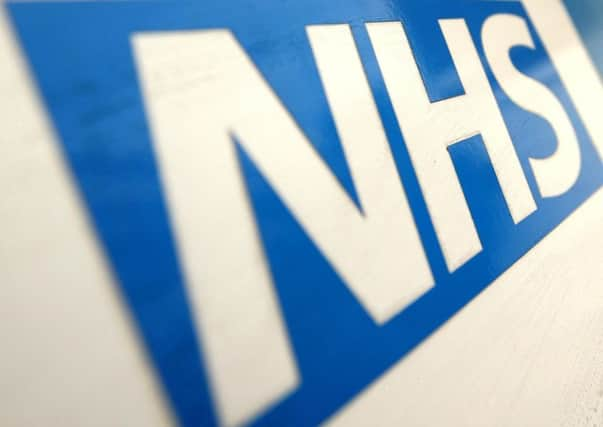North voters ready to pay more tax for better services - report


A survey of North voters found 62 per cent wanted to see better services even if it meant taxes had to go up.
The research also uncovered significant scepticism that Britain’s departure from the European Union will benefit the public sector.
Advertisement
Hide AdAdvertisement
Hide AdThe Leave campaign told voters that quitting the EU would make £350m a week available for the NHS but only 28 per cent of those questioned thought public services will improve and 38 per cent feared they will deteriorate.
The NHS emerges as voters’ top priority for the Government over the next 12 months, followed by Brexit and schools.
Immigration, considered one of the concerns that led to Britain voting to leave the EU, is ranked fifth.
The survey was carried out as part of the annual State of the State report by business advisory firm Deloitte and the Reform thinktank.
Advertisement
Hide AdAdvertisement
Hide AdEd Roddis, head of public sector research at Deloitte, warned the public’s apparent willingness to consider paying more taxes should be treated with caution.
He said: “People also want to see value for money in public services.
“This is not just a blank cheque paid for by higher taxes.”
While the survey revealed public concern about the impact of Brexit, Mr Roddis said interviews with senior public service managers had shown they were now looking at ways to take advantage of the decision.
He said: “A lot of the people we spoke to were personally disappointed with the referendum result they were also sanguine and looking for the opportunities it presents.
Advertisement
Hide AdAdvertisement
Hide Ad“There’s a realisation you don’t just have to recreate the things EU institutions have been doing. There are opportunities to do things differently.”
The report highlights the growing debt mountain facing Chancellor Philip Hammond despite six years of austerity measures.
Mr Hammond has already scrapped predecessor George Osborne’s plans to have public spending in the black by 2020.
That has fuelled expectations he could use next week’s Autumn Statement to signal a significant relaxation of the Government’s austerity drive.
Advertisement
Hide AdAdvertisement
Hide AdBut Tony Reeves, a partner on local government for Deloitte and a former Bradford Council chief executive, warned the public sector not to expect a major injection of cash.
He said: “Borrowing while money is cheap to stimulate economic activity, particularly to incentivise the private sector to match that investment, and to maximise productivity is one thing.
“But that doesn’t mean the purse strings are going to be loosened for public services.”
Mr Reeves said the more gloomy economic predictions for the UK economy following the Brexit vote gave Mr Hammond less “wriggle room” on day to day spending.
Advertisement
Hide AdAdvertisement
Hide AdHe added: “Borrowing more money for investment in infrastructure to stimulate growth is a short-to-medium term policy.
“Ultimately managing the public sector finances is still going to be an important part of the Government’s agenda going forward.”
The report suggested technology could help the public sector make major savings, estimating that as many as 861,000 jobs could be lost in the next 15 years with the vast majority in administrative roles.